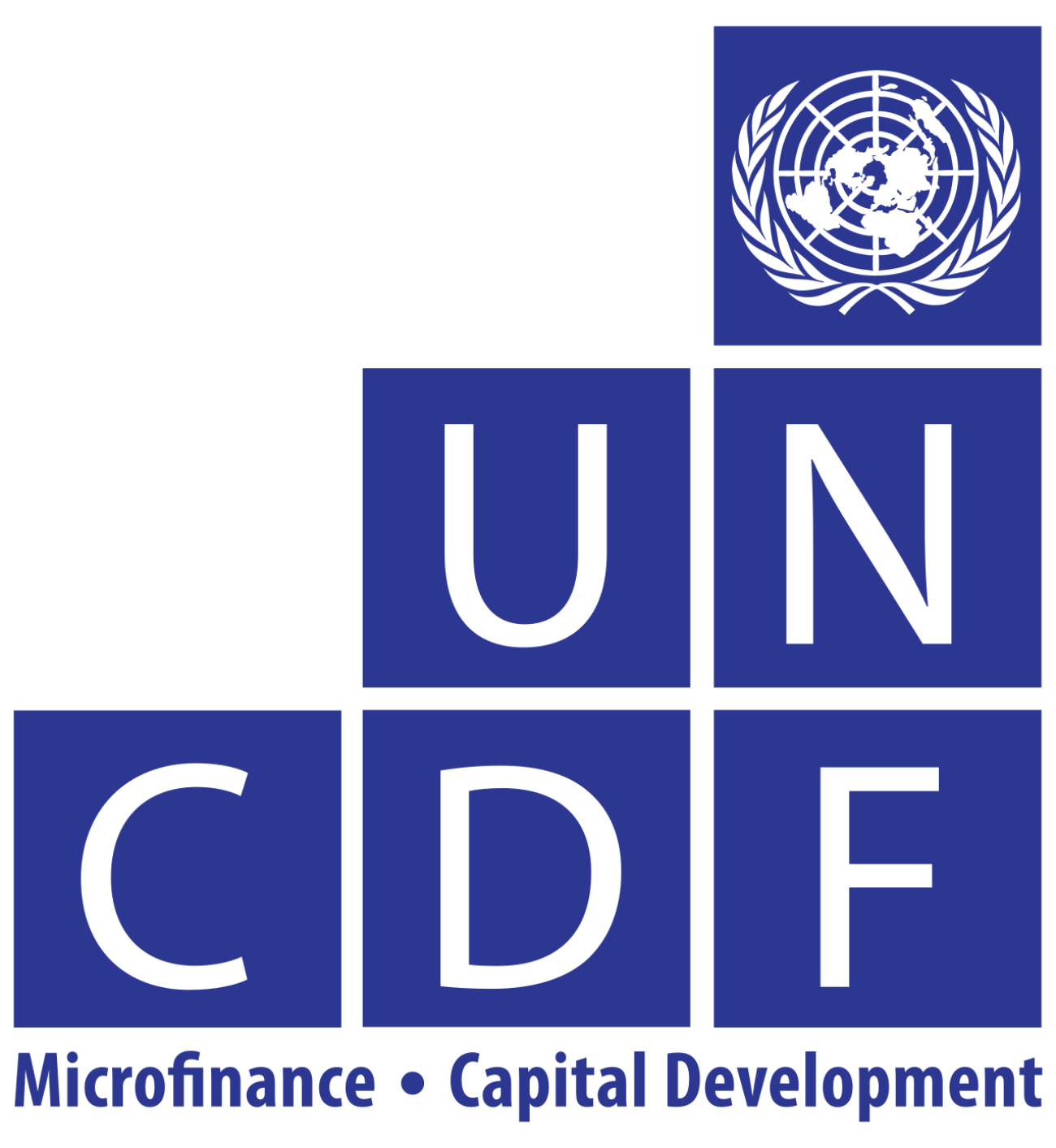A new phase of the UN Joint Programme on Local Government and Decentralized Service Delivery is launched in Somaliland

The new phase of the UN Joint Programme on Local Government and Decentralized Service Delivery (JPLG III) was launched the week of 2 July
The new phase of the UN Joint Programme on Local Government and Decentralized Service Delivery (JPLG III) was launched the week of 2 July in two separate Steering Committee meetings, in Hargeisa for Somaliland and in Garowe for the other federal member states of Somalia: Puntland, Jubaland, South-West, Galmudug and Hirshabelle. UNCDF has been participating in this joint initiative together with the other four UN agencies (UNDP, UN-Habitat, UNICEF and ILO) since 2010 focusing on fiscal decentralization, local public financial management and operation of the Local Development Fund (LDF).
The new phase of the programme, while building on the achievements of the previous two phases, is different both in scope and nature. The approach of JPLG I and II was to incentivise good governance reform for service delivery and has as a result contributed to state-building, sustaining peace and governance reform in the northern part of Somalia (Somaliland and Puntland).
The third phase of JPLG will focus on reaching all areas of Somalia and Somaliland while at the same time expanding to newer federal member states to support stabilization and peacebuilding through local governance. Developing a joint local governance programme for Somalia entails using different programmatic approaches based on the development and stability scenarios of different parts of the country. The focus of the new phase is shifting towards leveraging the potential of local governance as an enabler of the overall state building and stabilization agenda.
The participants of the JPLG Steering Committees in Hargeisa and Garowe hailed the programme as the most successful development programme in Somaliland and Somalia. The Director General of the federal Ministry of Internal and Federal Affairs and Reconciliation (MOIFAR) highlighted the JPLG contribution to strengthening national unity and reconciliation through a bottom-up process. Indeed, the capacity of local governments to deliver basic services has improved tremendously, with more and more well-functioning and fiscally sustainable administrations sprouting up in more stable parts of the country.
The LDF managed by UNCDF in close partnership with the other participating UN agencies has played a key role in operationalizing these newly developed service delivery capacities through performance-based capital investments carried out by local governments. About 1.2 million Somalis have benefitted from the road infrastructure built with the support of the LDF; more than 61,000 students in 272 schools gained access to new classrooms and latrines for girls; new market and community infrastructure has boosted socio-economic opportunities for thousands of Somalis, including women and girls, across the country.
Furthermore, the LDF is a remarkable example of national commitment and ownership. There is hardly any other development programme in Somalia that would enjoy the financial commitment of 23% of the LDF budget in Somaliland and 2% of the total annual state budget in Puntland as confirmed at the Steering Committee meetings in Hargeisa and Garowe. Considering the multiple economic, social and security challenges that the country is facing, this commitment is truly outstanding. With this level of commitment, the Somali governments are the biggest contributor to the programme, more than any development partner, bilateral or multilateral.
Apart from these financial commitments, the programme has engendered a long-term commitment to promoting local governance at the state and federal levels. Speaking at the JPLG Steering Committee in Hargeisa, Somaliland Vice President Abdirahman Saylici pledged his government’s continued support to accelerating decentralization and local government devolution.
Vice President of Puntland Abdihakim Abdullai Omar characterised JPLG’s approach to local governance as “indispensable” for the peacebuilding agenda and promised to expand it to other Puntland districts. Addressing the JPLG Steering Committee in Garowe on behalf of the UN, UNCDF Regional Technical Advisor Dmitry Pozhidaev emphasized that a truly functional and service-oriented local governments can be achieved only when women, youth and minorities are adequately represented and their voices are heard in decision-making and their needs met.
For UNCDF this new phase of the programme implies new opportunities but also new challenges. UNCDF will work to transform the LDFs in Somaliland and Puntland into functioning inter-governmental fiscal transfer systems, fully nationally owned and managed, while at the same time gradually introducing LDF mechanisms in the new federal member states.
The LDF will serve as a catalyser for broader fiscal decentralization reforms that include development and implementation of fiscal decentralization strategies and action plans, local revenue administration and digitization, diaspora finance mobilization, application of more sophisticated financing techniques for capital finance and so on.


